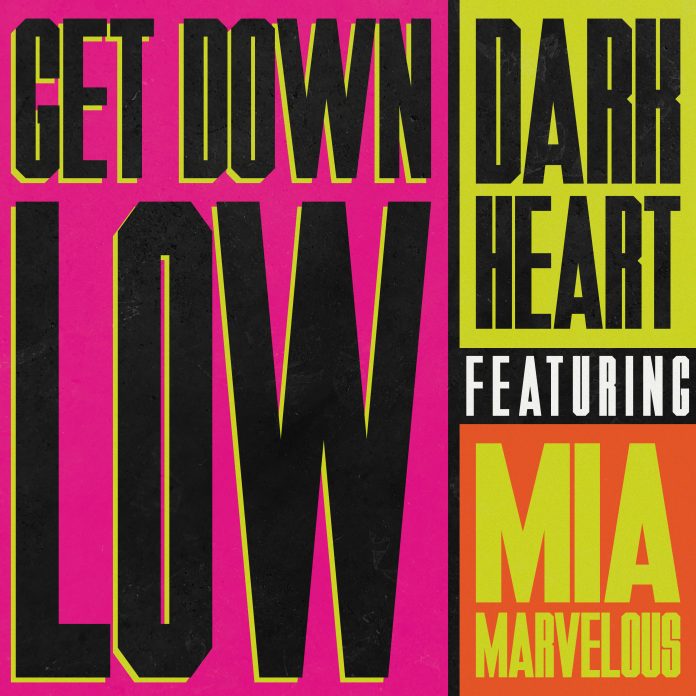David Thomas hails from Indiana and despite his fond memories of the beach on Lake Michigan and golfing with his dad, Thomas had aspirations to be a talent agent and had his sights set on Los Angeles, where that dream could become a reality.
He moved to LA about 12 years ago and got his foot in the door at a talent agency working in the mailroom — tedious work, but paramount to his career ascension. Thomas explains the mailroom was mostly boring and uneventful but that it provides an opportunity for upward mobility.
“When an assistant is out sick or on vacation you will get called up to fill in for them — that’s called ‘floating’ — and it can be quite intense depending on who you are covering for,” says Thomas. “When an agent needs a new assistant, they will interview mailroom people and that’s how you get out. It usually goes pretty fast as turnover at the agencies is high (or at least it was when I was there). I never doubted I made the right career choice with the agency. I knew no matter what happened, it was going to challenge me and I would learn a lot. It was extremely difficult starting out, but I knew I was working somewhere special and I knew I would eventually be an agent. It was never a question for me.”
Well, Thomas did become an agent but recently, he has ventured out into the new territory of being a musician — from managing talent to being the talent itself.
ED Magazine, courtesy of Bob Chiappardi and StripJointsMusic.com, spoke with Thomas, aka Dark Heart, about the difficulties of being a talent manager vs a musician, which artist he would pay to see, and his new song “Get Down Low.”
ED: How does managing talent compare to making music? How would you compare your learning curve for each?
DARK HEART: It’s great to have the knowledge of how to manage talent insofar as it helps me navigate my own artistic career, but from a technical standpoint the two are very different. It’s a left-brain/right-brain sort of thing where making music can be quite solitary and technical whereas managing talent is lots of relationship-building, phone calls, meetings and strategy, etc. The learning curve for talent management is far harder to quantify than the learning curve for making music — I think most people can tell if a song or musician is good quite quickly whereas with talent management it’s a bit more of a style thing. Some agents are heavy-handed and others are more reserved/laid back. Either style can work, it just depends on what the client needs. It’s hard to determine if an agent/manager is good without some sort of track record and that just takes time.
ED: Who’s a musician you would pay top dollar to see in 2022 and why?
DARK HEART: Beach House. In fact, I did pay top dollar to see them a few months ago. Beach House reminds me of my wife and it’s sort of our thing, so I’ll always go see them when I can. Eric Prydz is another one I will always pay top dollar for. If an alien came down and asked me to explain dance music, I would take him to an Eric Prydz show. It’s simply as good as it gets.
ED: What’s the most humbled you’ve been meeting a fellow musician — can you talk about how that interaction went? What about a fellow actor?

DARK HEART: Tiësto comes to mind. He’s put so many artists on and always has time to listen to music despite his crazy schedule. I met him about six years ago before I had put any music out and he couldn’t have been nicer. He’s a legend and I really respect and look up to him.
ED: StripJoints services DJs at gentlemen’s clubs nationwide, so, in your words, why would “Get Down Low” be a good choice to play at a gentlemen’s club?
DARK HEART: The song is fun and sexy, simple as that. Trying to explain would be like trying to explain a joke, it just ruins the comedy! I think within a few seconds of pressing play, it will be an obvious choice for clubs everywhere.






























